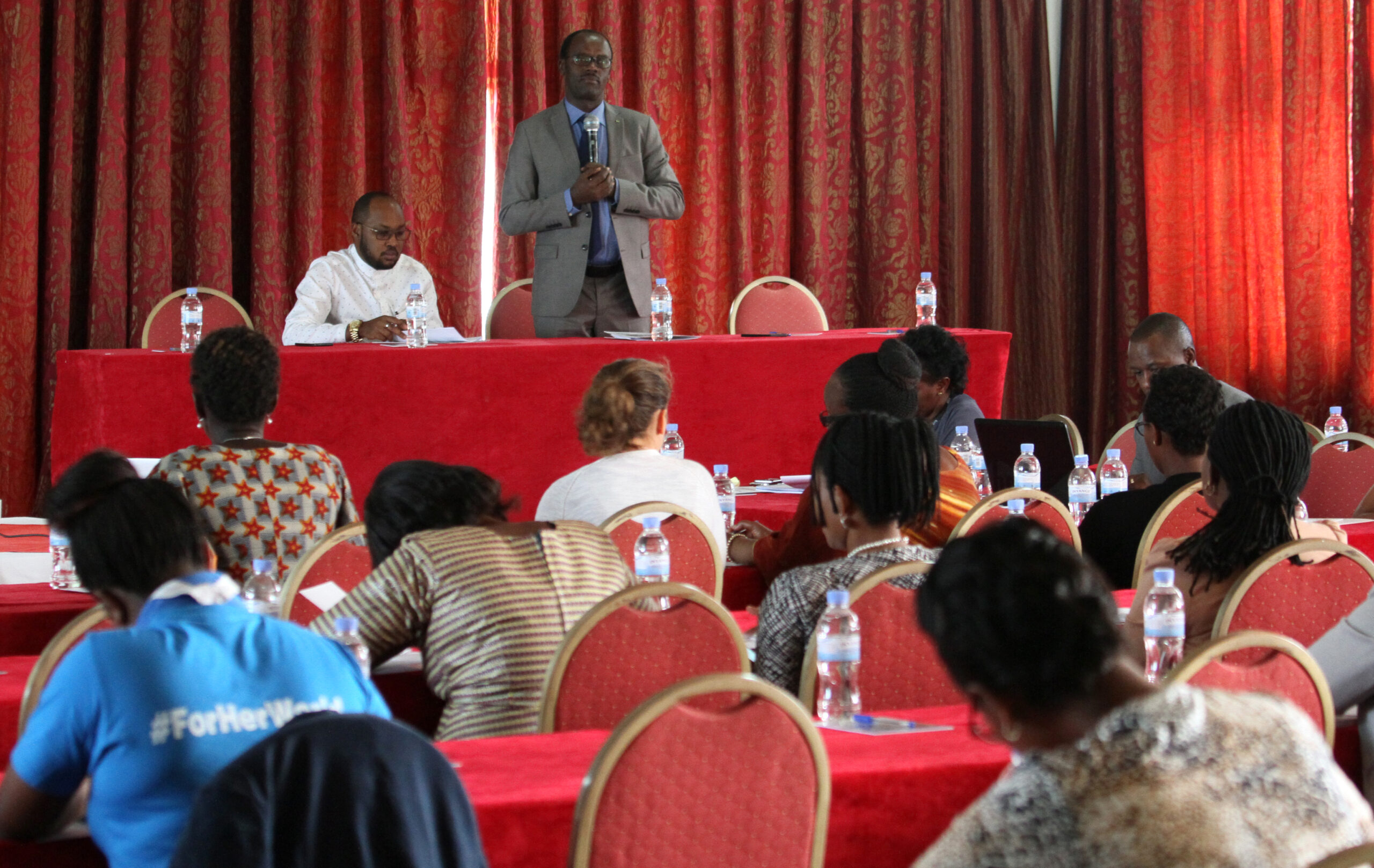People are different, they get affected differently and their intervals to heal also happen at different times, reason why multidisciplinary approaches are pivotal for a post-genocide society like Rwanda. This was evident at a strategic meeting for actors in healing that was hosted by Never Again Rwanda (NAR) in collaboration with the National Unity and Reconciliation Commission on Wednesday. The meeting that acted as a follow-up of a similar meeting that was convened last year in November brought together different actors in healing, who unanimously agreed that joint efforts are the key to healing post-genocide Rwandan communities. .
The meeting served as a space for discussion on the multi-disciplinary approaches of healing, ranging from group dynamics, group therapy, psychosocial, holistic, community, Itorero (mass), clinical support, individual and history education and how the integrated approaches will apply to the policies of unity and reconciliation as well as the mental health.
The different stakeholders identified gaps that could impede the realization of healing in our communities and these factors include; limited evidence, limited research and documentation, limited awareness of trauma in healing, limited trusted and safe spaces for victimized people in community to deal with the wounds, ineffective use of existing resources and structures available in communities and lack of healing spaces in schools and prisons. These gaps can be resolved in a joint manner with different actors adopting solutions that they are in their thematic areas.
While addressing participants, the Executive Director of Never Again Rwanda, Dr Joseph Nkurunziza noted that the meeting aims to come up with a more harmonized and integrated approach that applies to healing in the post-genocide Rwanda and to build synergy among the actors.
“Healing of genocidal wounds requires partnerships among actors with diversified approaches to reach out to all categories of wounded Rwandese” He added
In his presentation, Dr. Darius Gishoma, Expert in Mental Health, emphasized the importance of establishing trusted spaces for traumatized people to be free to expose their wounds and to put more emphasis in measuring the outcomes and impact of healing interventions. Relatedly, a female participant raised the need for actors to train sector officials, community volunteer and social officials on healing.
Bamukunde Marie Anne, the representative of Ministry of Health emphasized the challenge of ineffective use of existing resources and structures available in community noting that: “we need to lay emphasis on existing platforms such as, Umugoroba w’Ababyeyi, public works ( Umuganda), community dialogues as safe spaces for victimized people in community to deal with the wounds”.
The Executive secretary of National Unity and Reconciliation Commission, Fidele Ndayisaba, called upon all actors to combine their efforts to reflect together and complement each other without competition in the healing journey.
He noted that “We need the diversity of actors to deal with the problem; I call upon different peace actors and stakeholders to combine their efforts in developing develop a common understanding of healing approaches than to compete because this journey requires togetherness”
He also recommended actors to set up a steering committee that would be led by Never Again Rwanda, which would help actors to reflect together and, to work with the commission to identify policy gaps, improve plans, and budget.
The meeting is in line with NAR’s program implemented in collaboration with Interpeace, supported by the Swedish Embassy and aimed to promote societal healing for peace.


